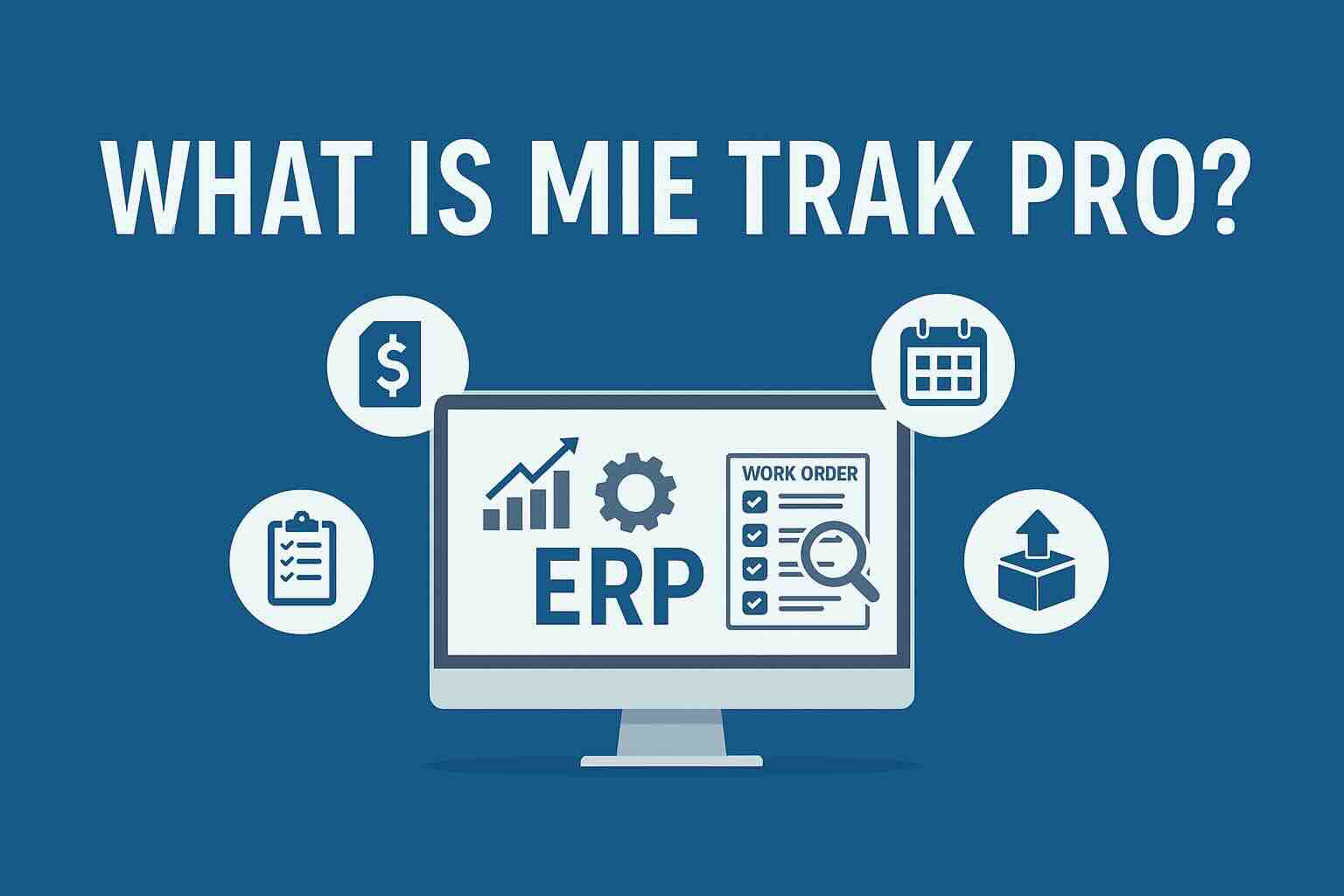Compare ERP for Sports Businesses

In the sports industry, efficient management of operations, finances, and customer relationships is crucial for success. Enterprise Resource Planning (ERP) systems integrate various business processes, enhancing operational efficiency and improving decision-making capabilities. This blog will compare ERP for sports businesses, focusing on the top five vendors: SAP S/4HANA, Oracle Cloud, Microsoft Dynamics 365, Infor, and NetSuite. We will analyze their strengths and weaknesses to help you make an informed decision.
SAP S/4HANA
Strengths:
- Comprehensive Functionality: SAP S/4HANA offers a wide range of modules tailored specifically for the sports industry, including financial management, asset management, supply chain management, and customer relationship management (CRM). This comprehensive functionality ensures that all aspects of sports business operations are integrated and streamlined.
- Real-Time Data Processing: The system’s real-time data processing capabilities allow businesses to monitor operations, financial health, and customer interactions in real-time. This ensures quick decision-making and enhances responsiveness to market changes and customer needs.
- Advanced Analytics: SAP S/4HANA includes advanced analytics and reporting tools, providing detailed insights into operational performance, market trends, and financial metrics. These analytics help sports businesses optimize their processes and improve overall efficiency.
Weaknesses:
- High Implementation Costs: The implementation and maintenance costs of SAP S/4HANA can be significant, making it a considerable investment. This may be prohibitive for smaller sports businesses with limited budgets.
- Complex Implementation: Implementing SAP S/4HANA is complex and time-consuming, often requiring dedicated IT resources and expert consultants. This complexity can delay the realization of benefits and increase implementation costs.
- Customization Challenges: While SAP S/4HANA is highly functional, customization can be limited and may require additional development to meet specific business needs. This can be costly and time-consuming.
Click this link to find out more about SAP S/4HANA for sports.
Oracle Cloud
Strengths:
- Comprehensive Suite: Oracle Cloud offers a comprehensive suite of applications, including finance, HR, asset management, and CRM, tailored to the needs of sports businesses. This ensures all business processes are integrated and streamlined.
- Scalability: The platform is highly scalable, supporting both small and large operations and enabling easy expansion as the business grows. This scalability ensures the system remains effective as the company evolves.
- Advanced Security: Oracle Cloud provides top-tier security features, ensuring the protection of sensitive data and compliance with industry regulations. This is crucial for maintaining data integrity and trust.
Weaknesses:
- High Cost: Oracle Cloud is a significant financial investment, with high licensing and implementation costs that may be prohibitive for smaller companies. The ongoing maintenance and support costs can also add up.
- Complex Implementation: The implementation process can be complex, requiring expert guidance and a dedicated IT team. This complexity can result in longer implementation times and higher costs.
- Customization Challenges: Customizing Oracle Cloud to meet specific needs can be challenging and time-consuming, potentially requiring additional development resources.
Click this link to find out more about Oracle Cloud for sports.
Microsoft Dynamics 365
Strengths:
- Integration with Microsoft Products: Microsoft Dynamics 365 offers seamless integration with other Microsoft products such as Office 365, Azure, and Power BI, facilitating a unified and efficient workflow.
- User-Friendly Interface: Known for its intuitive and user-friendly interface, Microsoft Dynamics 365 reduces the learning curve for employees, ensuring quick adoption and efficient use of the system.
- Customization: The platform provides extensive customization options, allowing sports businesses to tailor the system to meet their specific needs, ensuring a personalized solution.
Weaknesses:
- Cost: The initial setup and ongoing subscription fees can be high, making it a significant investment for smaller sports businesses.
- Complex Implementation: Implementing Microsoft Dynamics 365 can be complex and time-consuming, often requiring specialized IT expertise and external consultants.
- Maintenance: Regular maintenance and updates are necessary to keep the system running smoothly, which can add to the overall cost and resource requirements.
Click this link to find out more about Microsoft Dynamics for sports.
Infor
Strengths:
- Industry-Specific Solutions: Infor offers industry-specific solutions tailored to the sports industry, including tools for managing assets, compliance, and financials. This focus ensures the system meets the unique needs of sports businesses.
- Cloud-Based Platform: Infor’s cloud-based platform provides flexibility and scalability, allowing businesses to adjust their usage based on current needs without significant investment in new hardware.
- Integration Capabilities: The system integrates seamlessly with other software solutions commonly used in the sports industry, ensuring a unified workflow.
Weaknesses:
- Cost: The cost of implementing and maintaining Infor can be high, particularly for smaller organizations. The ongoing subscription fees for the cloud-based platform can also add up over time.
- Complexity: While the system is user-friendly, the initial setup and configuration can be complex and may require specialized IT resources and external consultants.
- Customization Limitations: Customizing Infor to meet specific business needs can be challenging and may require additional development work, which can increase costs and delay implementation.
Click this link to find out more about Infor for sports.
NetSuite
Strengths:
- Comprehensive Functionality: NetSuite offers a wide range of modules tailored for the sports industry, including CRM, financial management, inventory control, and project management. This comprehensive functionality ensures that all business processes are integrated and streamlined.
- Cloud-Based Solution: As a cloud-based solution, NetSuite provides flexibility and scalability, allowing sports businesses to adjust their usage based on current needs without significant investment in new hardware.
- Real-Time Data and Analytics: NetSuite provides real-time data and analytics capabilities, allowing sports businesses to monitor operations, financial health, and customer interactions in real-time. This real-time visibility enhances decision-making and responsiveness to market trends.
Weaknesses:
- Cost: The implementation and maintenance costs of NetSuite can be significant, particularly for smaller sports businesses. The ongoing subscription fees can also add up over time.
- Complex Implementation: Implementing NetSuite can be complex and time-consuming, often requiring specialized IT resources and external consultants. This complexity can delay the realization of benefits.
- Customization Challenges: Customizing NetSuite to meet specific business needs can be challenging and may require additional development work, increasing costs and delaying implementation.
Click this link to find out more about NetSuite for sports.
Conclusion
Choosing the best ERP for sports businesses depends on the specific needs, resources, and goals of the organization. SAP S/4HANA, Oracle Cloud, Microsoft Dynamics 365, Infor, and NetSuite each offer unique strengths and face certain challenges. By carefully evaluating these factors, sports businesses can select an ERP system that enhances their operational efficiency, compliance, and overall business performance.
To compare these ERP solutions and many more, you can use our new AI-powered Compare ERP tool. It’s free to use and you get a guaranteed discount on your first year’s licence fees with a referral from Compare ERP.









